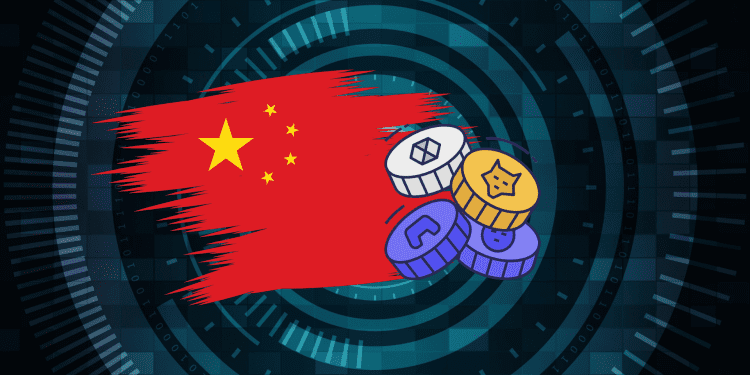- China has published draft guidelines proposing stricter regulation of the online gaming industry, including banning converting game tokens into fiat currency.
- Article 23 of the guidelines aims to prevent game tokens being used to purchase physical goods, services outside the game, or legal tender.
- The guidelines are open for public consultation until Jan 22, 2024 before potentially taking legal effect, giving game companies a chance to provide feedback.
The General Administration of Press and Publication of China (GAPP) has published draft guidelines that aim to restrict the scope of activities related to in-game tokens.
Guidelines propose stricter regulations
On December 22, the GAPP published a draft of its guidelines for the online games industry. The guidelines contain 62 articles and cover a wide range of issues related to the regulation of online games, including crypto gaming.
The draft proposes some stricter regulations. Game companies would have to obtain a license in China, store their customers’ data for up to two years, ensure their content complies with national and socialist values, and prevent anonymous user registration.
Article 23 regulates game tokens
Article 23 of the draft guidelines regulates the use of game tokens. It intends to ban the use of game tokens for buying physical goods, exchanging them for products and services outside the game, or exchanging them for legal tender.
The guidelines do not specifically mention cryptocurrencies, but appear aimed at insulating online game economies from interchange with the real economy.
Game providers would also be restricted from offering registration bonuses or other induced rewards. They would have to set recharge limits and pop-up warnings about irrational spending.
Public consultation underway
The draft guidelines were published for public consultation and do not yet hold legal force. The deadline for consultation responses is Jan. 22, 2024.
According to DappRadar data, about one million wallets engaged in Web3 games daily over the past three months. The co-founder of Animoca Brands anticipates this could surge in 2023.
Conclusion
The proposed guidelines demonstrate China’s intent to tighten regulations and monitor citizens involved in the online gaming industry. Their focus on restricting game token interchange with real-world goods and services aims to isolate in-game economies. The public consultation period gives game companies a chance to provide feedback before the guidelines take effect.














